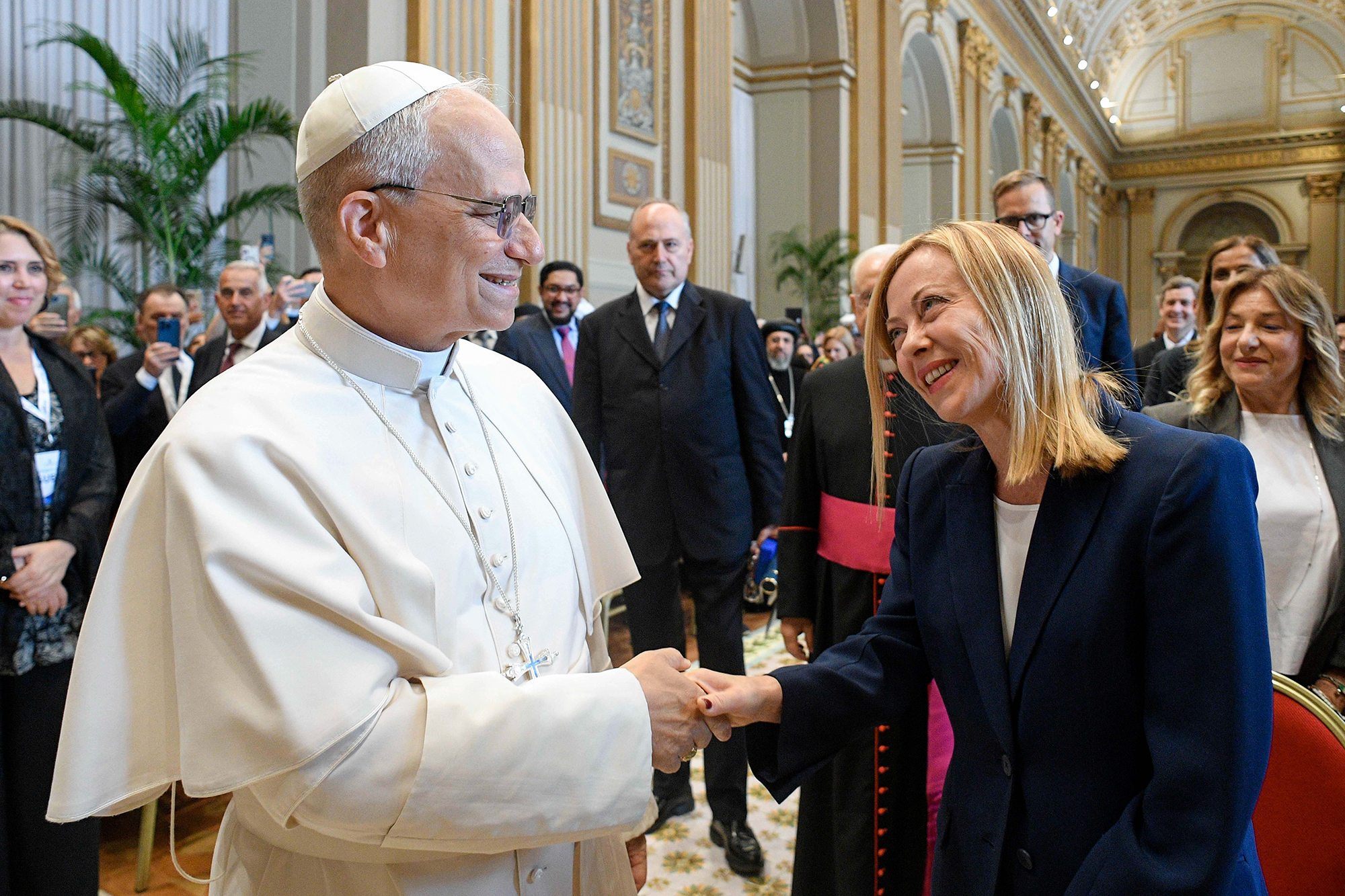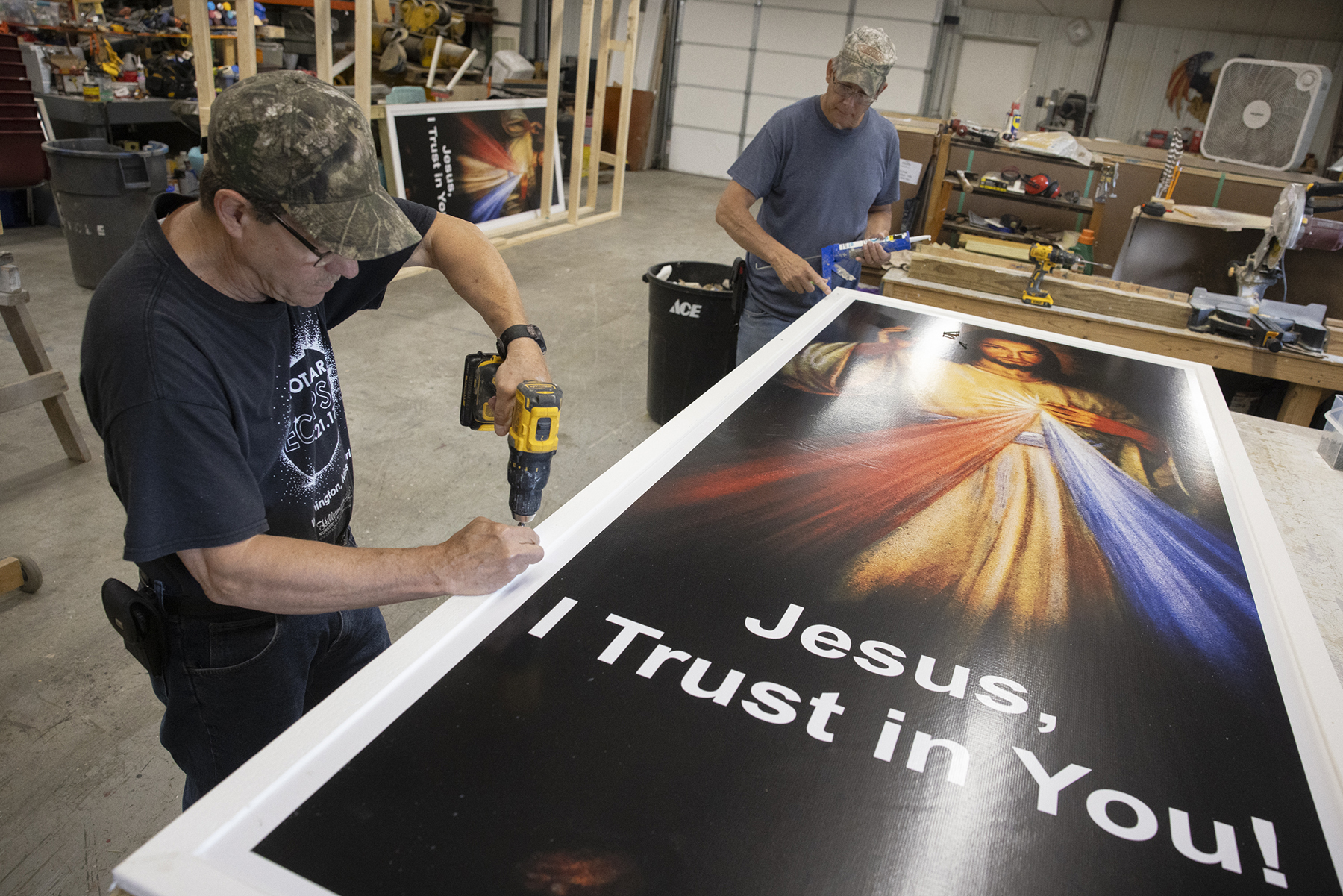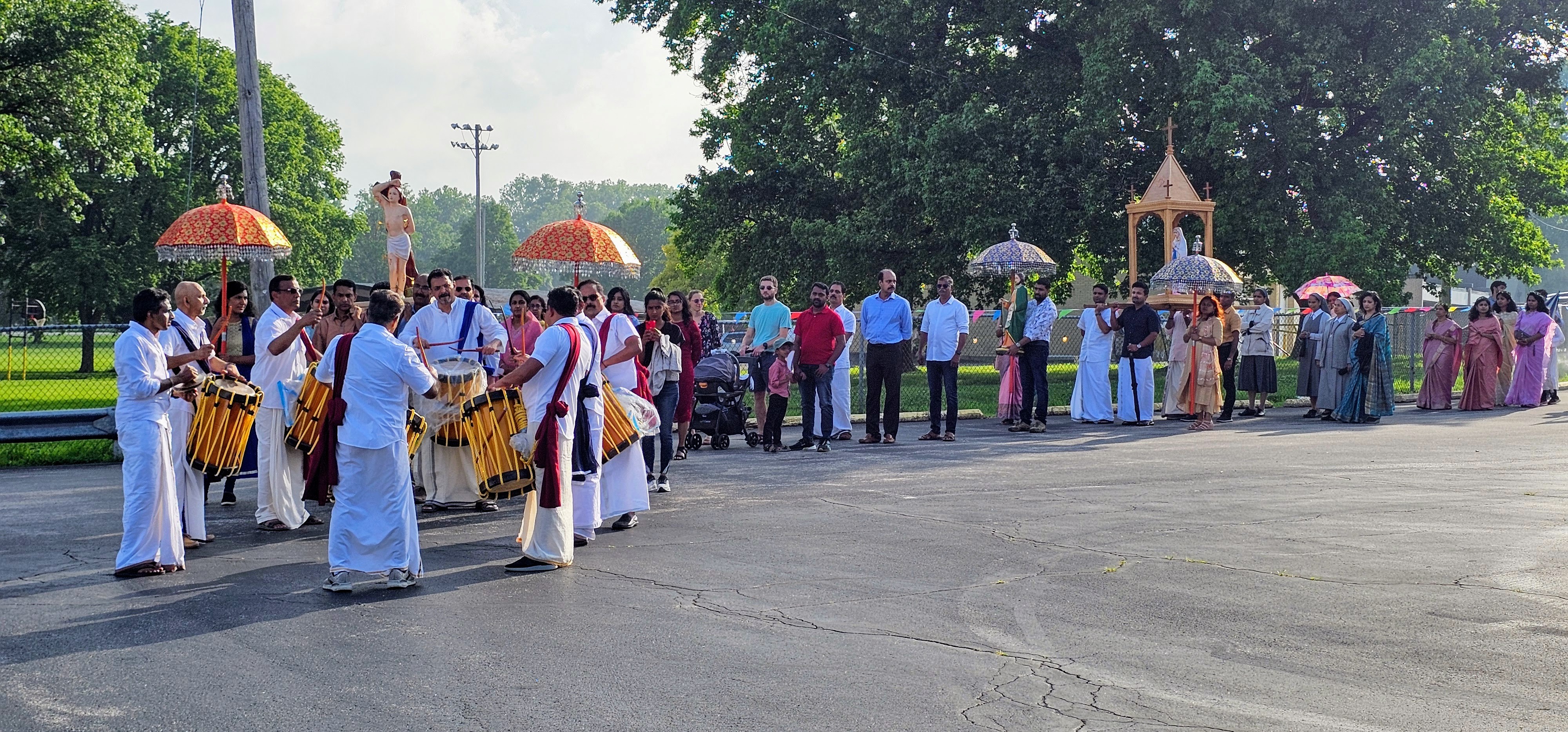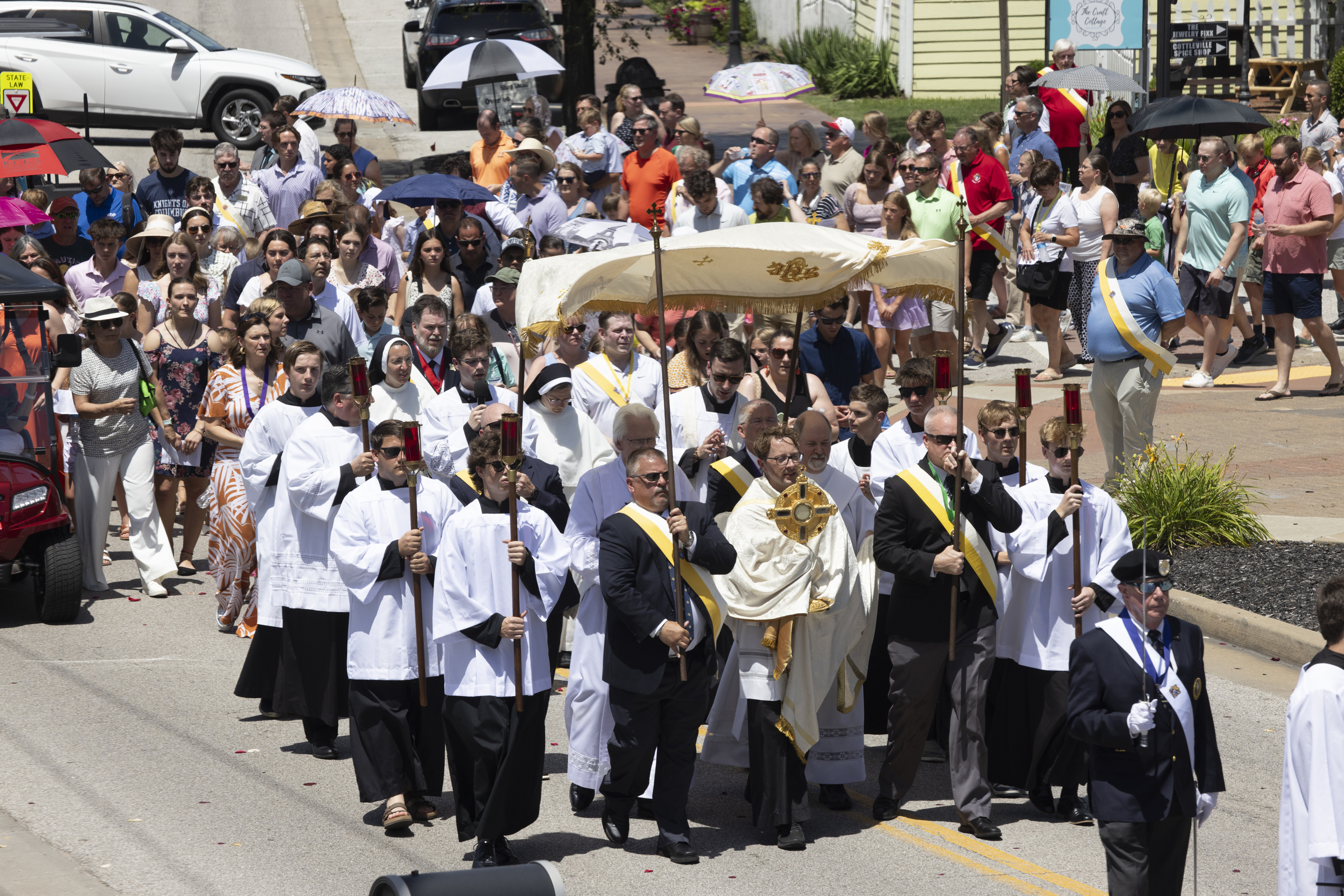Pope Francis emphasized concern for God’s creation as a priority
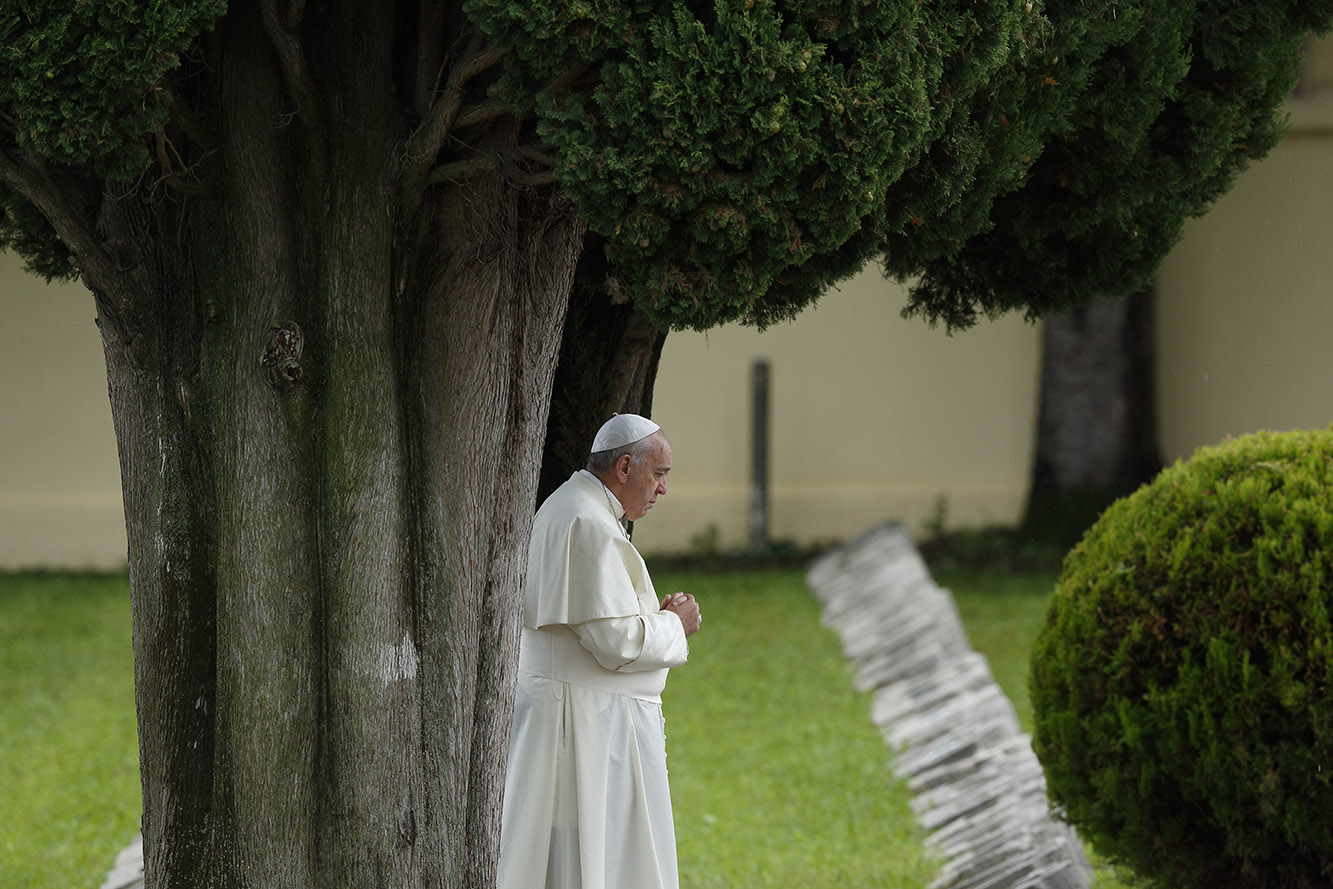
Throughout his pontificate, Pope Francis emphasized concern for God’s creation as a priority of the Church, making the environment a central theme of his papacy.
After calling on the Church and the world to acknowledge the urgency of environmental challenges with his 2015 encyclical, “Laudato Si’, On Care for Our Common Home,” Pope Francis intensified his call to action with “Laudate Deum,” a 2023 apostolic exhortation warning against the obsession with human power and the “irresponsible derision” of the reality of climate change.
Members of the archdiocese’s Laudato Si Commission said that Pope Francis’ writings on care for God’s creation were action-driven and hope that his prioritization of the environment leaves an impression on the world for generations to come.
In September 2024, Archbishop Mitchell T. Rozanski announced the formation of the Laudato Si Commission, which seeks to better align the Archdiocese of St. Louis with Catholic social teaching on integral ecology — that is, the complex connections between people and the environment — a key concept in Laudato Si’.
Members of the commission also said they hope that the archdiocese’s activities will be elevated under the framework of the Laudato Si’ Action Platform, which the Vatican launched as a hub for Catholic groups to participate in the process toward sustainability in the spirit of Pope Francis’ encyclical.
Commission co-chair Jamie Hasemeier described Pope Francis’ prioritization of the environment as a “light of hope.” She has been active in sustainability practices for two decades.
“Once Laudato Si’ was out in the world, I had a renewed sense of dedication to the Church,” said Hasemeier, a member of Holy Redeemer Parish in Webster Groves. “My faith grew stronger and my faith in humanity was also given a boost.” While other popes have addressed environmental concerns, Pope Francis’ writings were “finally something that was specifically action-focused,” she said.
Laudato Si’ has been a unifying factor in conversations with people of other faith backgrounds from Hasemeier’s community of Webster Groves who share a common interest in caring for the earth.
James Fowlkes-Comninellis, director of the archdiocesan Office of Ecumenical and Interreligious Affairs and who oversees the local commission, agreed that the Holy Father’s writings on the subject have opened the door to relationships from an ecumenical perspective.
“In the document he uses a universal ecumenical language, and he takes the two greatest commandments — love the Lord your God with all your heart, soul and mind, and love your neighbor as yourself — and shows how these things apply clearly to the earth,” he said. “That openness Pope Francis modeled has been a gift to ecumenists and people doing interfaith dialogue — he gave us a model for how to be Jesus in the world that we are in now.”
The Jubilee Year of Hope gives Catholics inspiration to move forward in addressing environmental concerns, said commission co-chair Sister Cheryl Kemner, a Franciscan Sister of Our Lady of Perpetual Help.
“We need hope to move forward, especially with the chaos that is happening in the world today,” she said.
Pope Francis has been a vivid example of Jesus’ dedication to His people, Hasemeier said. “The words (Pope Francis) has shared and the focus on the marginalized … when you boil things down, this gets as close to Jesus’ love” as you can get, she said. “He has been the most transformative pope, at least in this lifetime. His legacy will leave quite an impression on the world for generations.”



